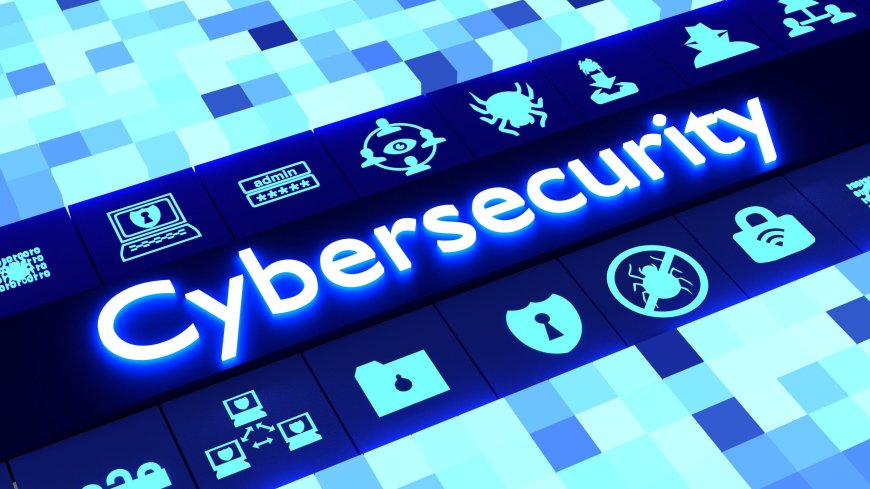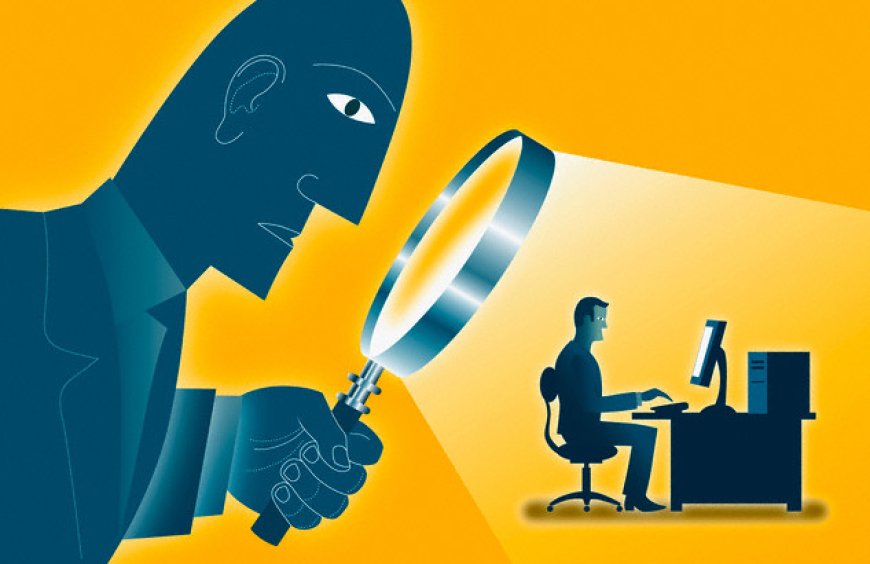The Social Media Paradox: Sharing is Caring, But Who’s Watching?
Explore the balance between sharing personal moments on social media and the potential for surveillance in this witty and insightful article. Discover the hidden risks of oversharing on social media with humorous anecdotes and practical tips. Learn how your posts can be tracked and what you can do to protect your privacy. Perfect for readers in Kenya and beyond.

Picture this: You’re at a vibrant wedding in Nairobi, the air filled with laughter and the aroma of delicious nyama choma. You snap a selfie with the bride and groom, post it on Instagram with the hashtag #BestWeddingEver, and within minutes, your phone buzzes with likes and comments. It feels great to share these moments, but have you ever wondered who else might be watching?
The Allure of Sharing
Social media has transformed the way we connect with others. It’s a digital scrapbook where we can share our lives, from the mundane to the extraordinary. Whether it’s a photo of your morning coffee or a video of your latest adventure, sharing on social media has become second nature. But as we bask in the glow of likes and shares, we often overlook the darker side of this digital exhibitionism.
The Oversharing Trap
Let’s face it, we’ve all been guilty of oversharing at some point. Maybe it was that rant about your boss on Facebook or the detailed play-by-play of your vacation on Twitter. While sharing can be cathartic, it also opens the door to potential surveillance. Every post, like, and comment adds to the digital footprint that companies and even governments can track.
The Watchful Eyes

Social media platforms are like the nosy neighbors of the digital world. They collect vast amounts of data about our habits, preferences, and even our locations. This data is then used to tailor ads, suggest friends, and sometimes, for more nefarious purposes. It’s like having a diary that everyone, including strangers, can read.
The Consequences of Oversharing
Imagine this: You post a picture of your new car on Instagram, complete with the location tag. A few days later, you notice a suspicious car following you. Or perhaps you share your vacation plans on Facebook, only to return home to find your house broken into. These scenarios might sound extreme, but they highlight the potential risks of oversharing.
The Global Perspective
This isn’t just a Kenyan issue; it’s a global phenomenon. In the United States, social media data has been used in court cases. In China, the government monitors social media to track dissent. Even in Europe, where GDPR laws aim to protect privacy, data breaches still occur. The paradox of social media is that while it connects us, it also exposes us to surveillance on a global scale.
Striking a Balance
So, how do we enjoy the benefits of social media without compromising our privacy? Start by being mindful of what you share. Avoid posting sensitive information like your home address or travel plans. Use privacy settings to control who can see your posts, and be cautious about accepting friend requests from strangers. Remember, it’s okay to keep some moments private.
Conclusion
Social media is a powerful tool that has revolutionized the way we communicate. But with great power comes great responsibility. By being aware of the potential for surveillance and taking steps to protect our privacy, we can enjoy the best of both worlds. After all, sharing is caring, but it’s also worth asking, “Who’s watching?”
What's Your Reaction?















































































































